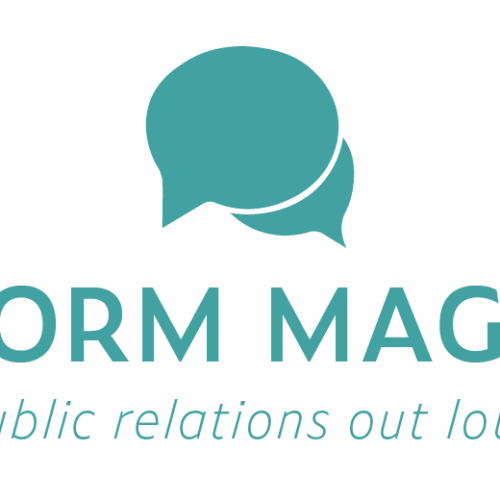Brand Podcasts: Public Relations Goes Live
Published on September 27, 2021, at 7:00 p.m.
by Amelia McGowan.
Over the past several years, podcasts have exploded as a new source of media content. In fact, during the first half of 2020 alone, 383,678 new podcasts were launched — that’s more than the number of podcasts launched in 2019 altogether. This new form of media has opened the door for companies to expand their reach and inspire stronger brand engagement among their audiences.
Podcasts have become a new frontier for brands to reach their audiences in a deeper and more intimate way. Sid Evans, editor-in-chief of Southern Living magazine and host of the “Biscuits and Jam” podcast, knows this firsthand.

With its launch in June of 2020, “Biscuits and Jam” became an instant hit for fans of Southern Living. When asked about the podcast’s impact on Southern Living’s brand awareness, Evans said, “It’s an opportunity for us to reach a different audience … to reach people who may not be reading the magazine or going to our website, but who are interested in things Southern Living covers.” The show just wrapped up its second season, and with new episodes released every week, fans of Southern Living are never deprived of content. “We have definitely found an audience that is unique, and I think we’ve found a platform that works really well for the brand,” said Evans.

Still, how can such a creative medium foster stronger brand awareness and engagement among a company’s audience? According to a medium.com article titled “Why Fortune 100 companies are launching their own podcasts,” podcasts have developed into the new form of social media that companies can use to promote content and foster relationships with their audiences. It’s become an outlet for companies “to tell their story in an interesting way.” With over 100 million podcast listeners today, companies have never had a better opportunity to expand their reach. However, podcast success isn’t limited to big name brands.
Erin Diehl, founder of the “improve it!” podcast, described how her journey through the medium has promoted and fostered her small business’s success. “The podcast gives people the opportunity to hear what we do, to apply it, and to give them tangible tips that they can [use] immediately to lead their team.”

In Diehl’s opinion, podcasts are the perfect way for businesses to disseminate their information in a more interactive environment. “It’s a really powerful and relatable way to connect with your current audience and to build a new audience.” In fact, Diehl uses the “improve it!” podcast as a core communication tactic for her company. “Our podcast is a funnel into our business now. It’s the pinnacle content we want people to go to.” Diehl and the “improve it!” podcast are just the tip of the iceberg into the marketing and public relations power that podcasts can provide.
Along with big corporations and small businesses, podcasts can also be used for personal growth. O’Brien McMahon, founder of the “People Business” podcast, uses the platform to promote his personal brand. When asked how the podcast has helped him grow professionally, McMahon said the platform has allowed him to open “new doors to the network” and build his “reputation by adding value to the community.”

At his day job, McMahon helps companies with their rewards programs, such as health care, retirement and compensation. Through his podcast, McMahon said he’s able to “enhance [my personal] brand so that more people are seeing [a different] side of me and are feeling like I’m a valued add.” However, the podcast isn’t just about expanding McMahon’s individual network. He caters his content toward specific groups within his workspace who he believes could benefit from the discussion of a particular topic. A brand podcast “has to help people and/or it has to be really interesting,” stated McMahon. “Go beyond what you want to say and get to what they want to hear.”

The expansion of podcasts into the corporate world has created immense opportunities for companies to promote their brands and reach their audiences in a new and authentic way. It gives those companies an outlet to show, as McMahon put it, “the humanity in the business,” and connect in a “real and raw” way with their audience, according to Diehl. This authentic approach to public relations is not only changing the podcast platform, but also the ways in which a brand establishes new connections and retains audience loyalty for the future.




